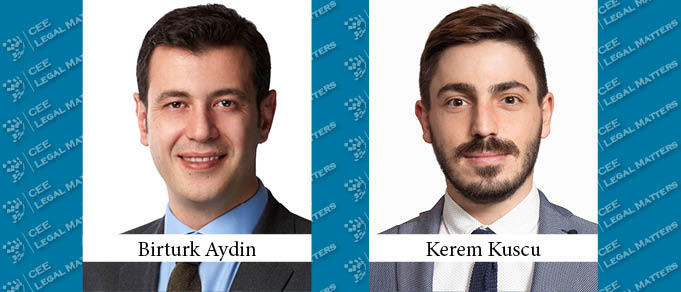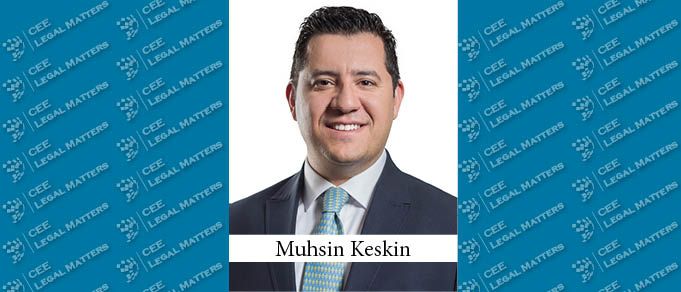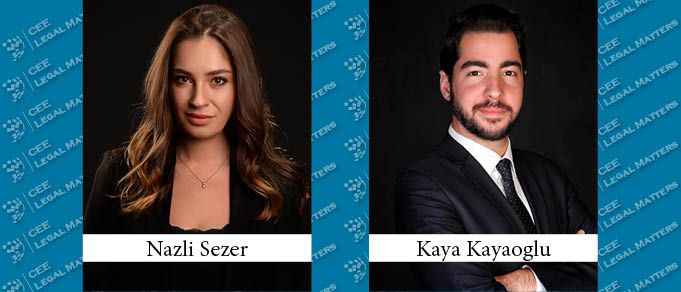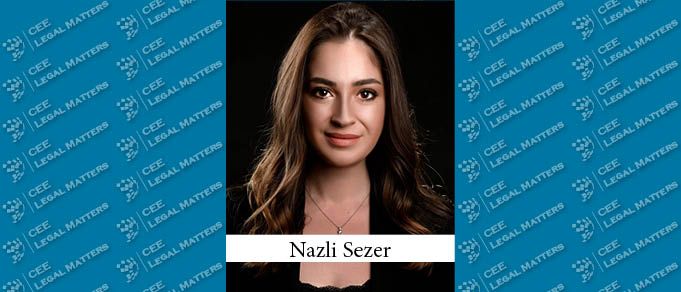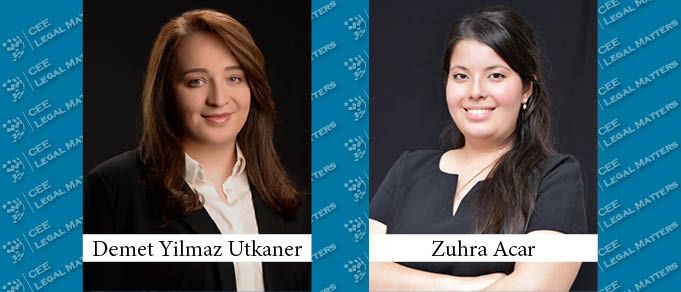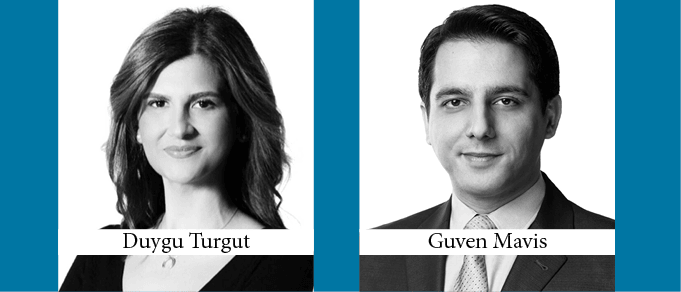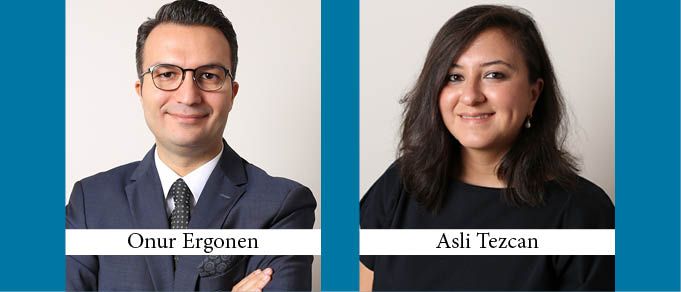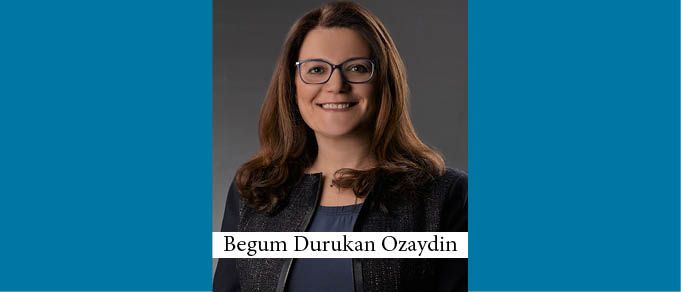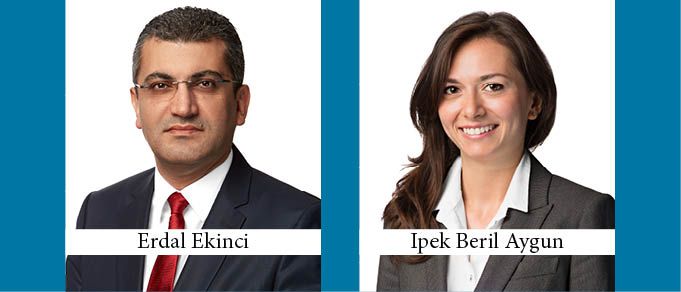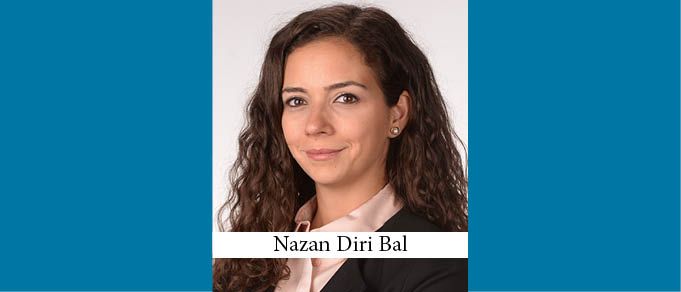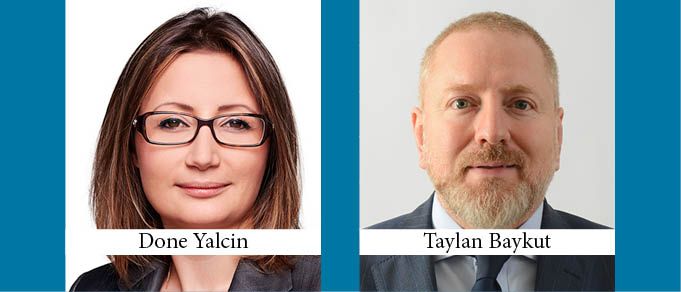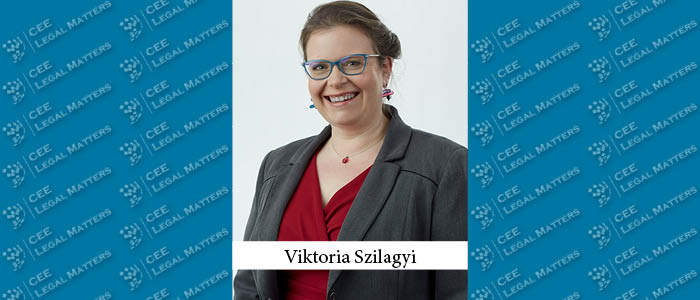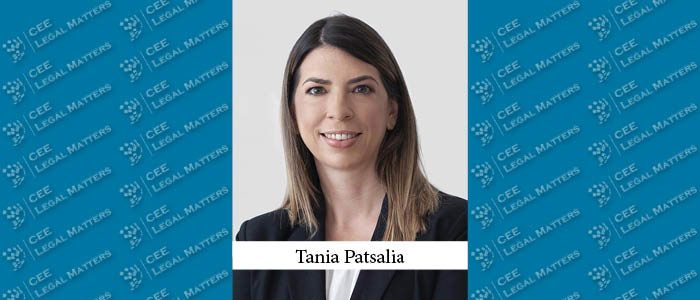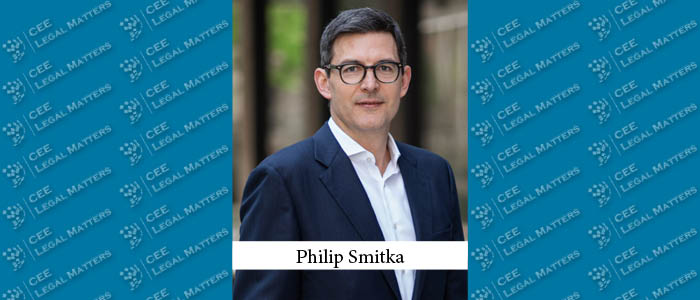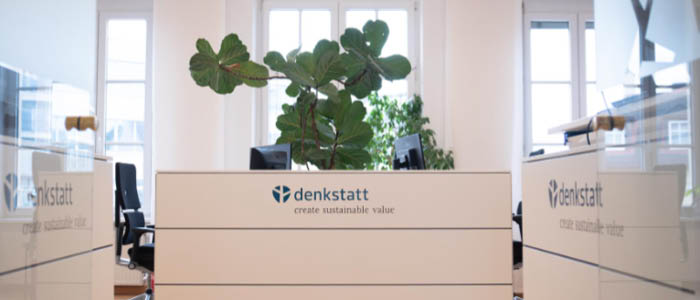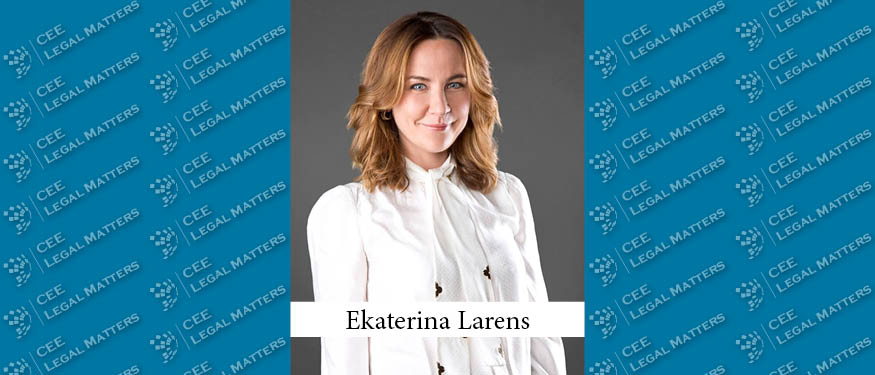The footprint of flexible workplaces (i.e., co-working spaces) continues to expand as more and more global businesses embrace the modern workforce and the increasing options for work arrangements. Turkey has joined the flexible workplace trend.
Challenges of Turkish Financial Restructuring
The concept of financial restructuring was introduced in Turkey following the currency crisis of August 2018. Financial restructuring became the major item on the agenda of Turkish financial institutions, and regulators intervened immediately, working to create a useful legal framework for the process. The joint efforts of the Banking Regulatory and Supervisory Authority (the BRSA) and the Banks Association of Turkey (the BAT) resulted in the Framework Agreement. Nevertheless, restructurings commenced pursuant to the Framework Agreement are progressing very slowly, and in most cases have reached an impasse.
Storing and Processing Personal Data for E-Commerce Companies Under Turkish Law
In the last ten years, e-commerce has become the most important platform of today’s consumer habits, becoming a major competitor to both retailers and their suppliers. As a result, many giant retailers are now directing their investments towards e-commerce activities.
Marketing Law Firm Marketing: Not Enough Time
This time, our law firm marketing friends across CEE considered the following question: “What one part of your job would you most appreciate having more help with – not in terms of training or capability, but simply in terms of time?”
The Classification of Medicinal Products in the European Union and Turkey
Advertisement is a very strong instrument in free market economies like Turkey’s. As a bridge between manufacturers and consumers and in light of its contribution to a competitive market, the importance of advertisement is critical.
Legal Regulations Against Division of Agricultural Lands by Inheritance Under Turkish Law
Preventing the division of agricultural lands is important in preserving quality in the sector and ensuring the continued contribution of agriculture-related income to the domestic economy. As a result, every positive step taken in the agriculture sector creates a similarly positive movement in the economy. Among the most important steps taken in this regard in Turkey were the 2014 amendments to the Law on Soil Protection and Land Use No. 5403, including to the definitions of “minimum agricultural land size” and “agricultural land size of sufficient income,” affecting the division of inherited agricultural land and transfers of ownership of agricultural lands with designated sizes.
Red Lines With Empathy
Basak Gurbuz is a Counsel at The Walt Disney Company Turkey, where she oversees the company’s legal and compliance matters. Prior to assuming her current in-house role, she was a Managing Associate with Gun + Partners. Her experience also includes time with Pekin & Bayar, the Yazici Law Firm, the Kasaroglu Law Firm, and Bayindir Holding.
Live and Breathe Your Company
Bahar Yenerer is the General Counsel of Atos in Turkey. Prior to joining Atos in 2012 she spent two years as a Senior Lawyer with ELIG. Prior to that she was a Senior Legal Counsel with Turkcell, Head of M&A and Corporate Affairs with the Yamaner & Yamaner Law Office, a Lawyer with Tekin Law Office, and a Legal Consultant with the Serap Zuvin Law Offices.
Turkey’s Advancement in Renewable Energy: What’s Next?
Introduction: As one of the top twenty energy consumers worldwide, Turkey experienced rapid economic growth beginning in the early 2000s, and its energy requirements increased accordingly. The demand for energy in Turkey has been growing at an average rate of 6.5% over the past decade and official reports predict that the country will continue at this pace through 2020. The high demand for energy, liberal market conditions, and government incentives are attracting both domestic and foreign investors to the Turkish renewable energy market.
Manufacturing in Turkey
For a long time, Turkey has been a significant manufacturing hub for supplying the European market, and its significance has become even greater since joining the customs union with the European Union. Following a significant fall in the value of the Turkish lira in 2018, manufacturing costs in Turkey are now lower. As setting up manufacturing operations in a new country often entails a number of pitfalls and requires local insight from specialists of various fields, here is a short guide for Turkey.
Expat on the Market: Interview with Joe Clinton of Allen & Overy
Joe Clinton is a Partner at Allen & Overy in Istanbul, where he advises sponsors, borrowers, and lenders on a range of transactions, including project development and financing as well as real estate, leveraged and structured financing transactions, and general lending, with particular emphasis in the Middle East and Eastern European energy and infrastructure sectors.
Inside Out: Energo-Pro Bond Issuance
The Deal: In May, 2018, CEE Legal Matters reported that Linklaters, Kocian Solc Balastik, the BLC Law Office, Paksoy, and Tsvetkova Bebov Komarevski had provided advice on Czech, English, Georgian, Turkish, and Bulgarian law, respectively, to Energo-Pro a.s. on its EUR 250 million Eurobond issue in London. Allen & Overy, BGI Legal in Tbilisi, Boyanov & Co. in Bulgaria, and Turkey’s Gedik & Eraksoy advised the joint bookrunners, BNP Paribas, Citigroup Global Markets Limited and J.P. Morgan Securities plc, and the Trustee, Citibank, N.A., London Branch.
Mandatory Mediation Process for Commercial Disputes
Turkey’s Law Regarding Procedures for Initiating Legal Proceedings for Monetary Claims Deriving from Subscription Agreements numbered 7155 (“Law No. 7155”), which was published in the Official Gazette on December 19, 2018, has certainly opened a new period in Turkish Mediation Law. Law No. 7155 has introduced mandatory mediation for commercial disputes into the Turkish Commercial Code and set the procedural rules for mandatory mediation under the Civil Mediation Law.
Legal Concepts of Restructuring in Turkey
The slowdown in global growth and the Turkish economy as well as the depreciation in the Turkish lira in 2018 created financial instability and payment difficulties for companies, in particular regarding foreign currency debts.
Turkey’s New Digital Tax on Advertising Services
The accelerating growth of the global digital economy has yielded new challenges for international taxation, an issue that has pervaded the agenda of the Organization for Economic Co-operation and Development (OECD) in recent years. Published in 2015, the OECD’s Base Erosion and Profit Shifting (BEPS) Action Plan 1 regarding the taxation of the digital economy primarily focused on the challenges arising from the distribution of the right of tax collection among the states from revenues derived from cross-border activities.
Like Father, Like Daughter: Passing the Torch at Diri Law
The Diri Law Firm was founded in Izmir in 1990 by Hayri Diri as an independent and full-service law firm. Thirty years later, the firm continues to serve both international and Turkish clients across a variety of different industries and sectors. But the firm is now led by Hayri Diri’s daughter, Nazan Diri Bal, who has rebranded and expanded it. With Nazan Diri Bal in charge, it is full speed ahead at Diri Legal.
Guest Editorial: Lawyer’s Role in the Changing World - A Turkish Perspective
The world, Turkey, and the legal profession are all in a constant state of change.
Tax Liability of Non-Resident Electronic Service Suppliers?
Pursuant to an amendment to the Turkish Value Added Tax Law at the beginning of 2018, non-resident electronic service suppliers are now liable for Value Added Tax on services provided electronically to Turkish individuals who are not VAT taxpayers.

